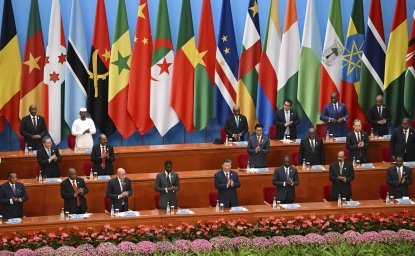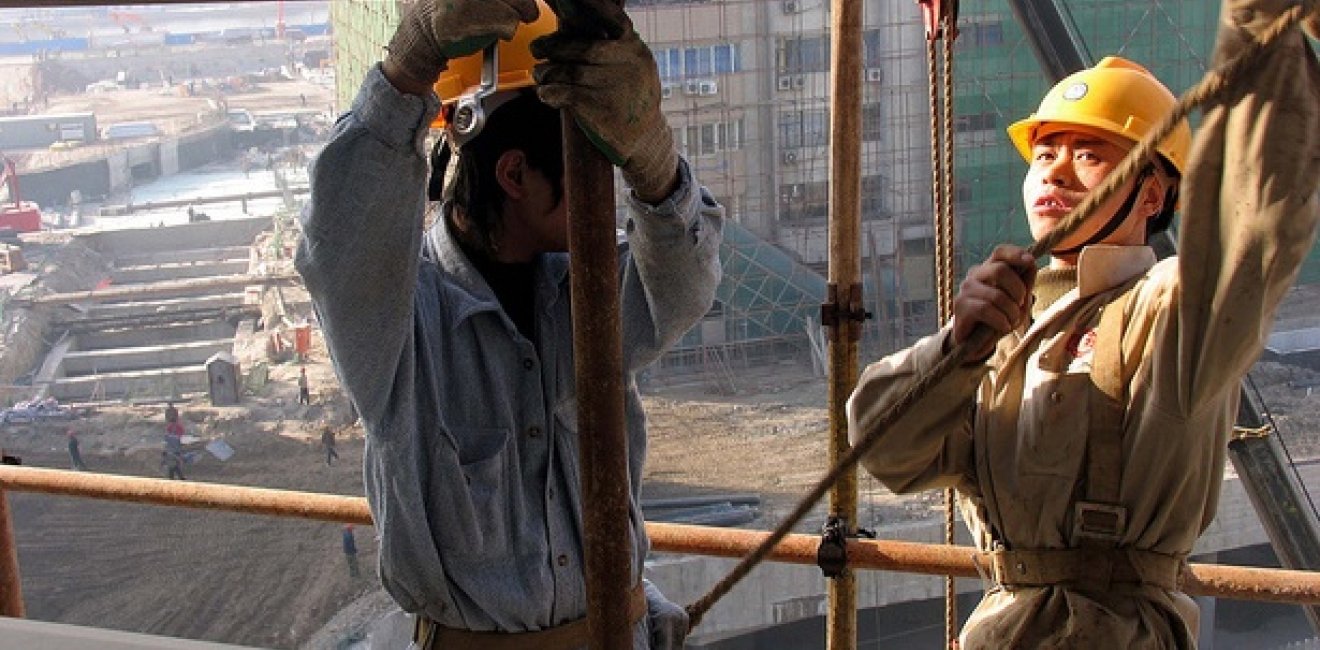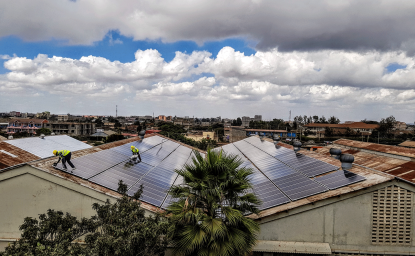
A blog of the Africa Program
Weekly Mandarin Translation
Xu Weizhong, the director of the Institute of Sino-Africa Relationship in China, made some comments on "the Sino-Africa relationship in the new century."
【环球网报道 记者 齐潇涵】据香港中评社5月29日消息,中国现代关系研究院非洲研究所所长徐伟忠在"新世纪中非关系"问题上提出了自己的看法,他指出,非洲的关系不能光停留在买卖关系上
This article has been translated from Mandarin. Click here to read the original version on World Huanqiu
He pointed out that the Sino- Africa relationship could not just stay at the relationship of trade. The promotion of Sino-Africa relationship is under the consideration of the Chinese government. In the future, the Chinese investment to Africa, which will be high in growth rate, will be the main power of the development of Sino-China relationship.
Xu Weizhong said that the Sino-Africa relationship could not just stay at the relationship of trade. The promotion of Sino-Africa relationship is under the consideration of the Chinese government. The trade between China and Africa is high in quantity rather than quality. The previous impulse of this relationship was commerce and project contracting. The four main sources being: commerce, investment, project contracting and aid. In the future, the Chinese investment to Africa, which will be high in the the growth rate, will be the main power of the development of Sino-China relationship. In 2011, the Chinese investment to Africa ranked 4th, right behind America, France and Malaysia. However, in the recent two years, China is not only making investments directly to Africa, but also providing financing as well.
There will be more and more Chinese investment to Africa, and the growth rate will become higher and higher.
As to the Sino-Africa relationship in energy issues, Xu points out that the trade of energy between China and Africa is a hard issue. The agricultural product imported from Africa only accounts for 16% of the overall Chinese agricultural products import. China and Africa don't have a high cooperation degree in agriculture, Africa's agricultural product are relying on imports. The cooperation on agriculture between China and Africa will not make much progress in the future either. One of the reasons is, although China and Africa both have the needs to cooperate on agriculture, since China imports a lot of agricultural products from Europe and Canada every year, western countries will raise their voices to oppose even a slice cooperation between China and Africa in agriculture.
In the end, Xu says that the platforms for China and Africa to communicate with each other are still not enough. Both sides should build up more platform for direct communication.
This article was translated by Ruohang Xi, Staff Intern for the Kissinger Institute at the Wilson Center.
Photo Credit: World Bank

Africa Program
The Africa Program works to address the most critical issues facing Africa and US-Africa relations, build mutually beneficial US-Africa relations, and enhance knowledge and understanding about Africa in the United States. The Program achieves its mission through in-depth research and analyses, public discussion, working groups, and briefings that bring together policymakers, practitioners, and subject matter experts to analyze and offer practical options for tackling key challenges in Africa and in US-Africa relations. Read more

Explore More in Africa Up Close
Browse Africa Up Close
Conflict in Sudan: A Map of Regional and International Actors



